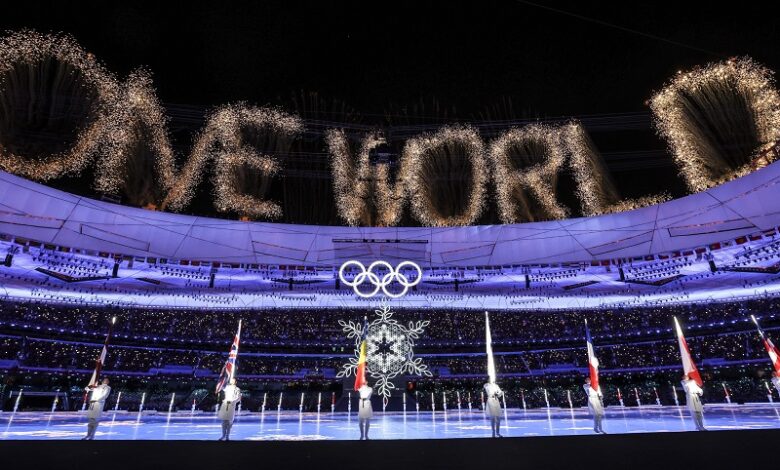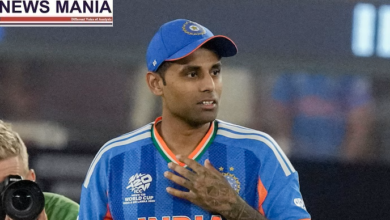International Olympic Committee (IOC) Proposes Classic Sports for 2030 Winter Olympics Amid Gender Parity Concerns

The International Olympic Committee (IOC) has taken a significant step towards shaping the sports program for the 2030 Winter Olympics by proposing seven classic sports to the IOC session. These sports, which include biathlon, bobsleigh, curling, ice hockey, luge, figure skating, and skiing, have been integral to the Winter Olympic program since the Nagano Games in 1998. The proposal is considered a mandatory precursor to finalizing the sports disciplines approximately five years before the Games commence.
The decision on these sports will be put to a vote at the 142nd IOC Session, scheduled shortly before the commencement of the 2024 Summer Olympics in Paris. This procedural milestone sets the stage for further deliberations on specific disciplines within each sport and the allocation of quota places.
While the focus remains on maintaining a balanced and relevant Olympic program that appeals to young audiences and promotes gender equality, concerns have surfaced regarding the inclusion of women’s Nordic combined. The IOC’s omission of women’s Nordic combined from the 2026 Olympic program has highlighted disparities, making it the sole remaining sport at the Games without gender parity. Additionally, quota places across various disciplines have been reduced, prompting apprehension among national associations about the future of Nordic combined, a sport that has been part of the Olympic program since 1924.
Looking ahead, the IOC’s Executive Board’s proposal for the 2030 Winter Olympics marks a pivotal moment in the event’s planning. The Games are likely to be hosted in the French Alps, with a decision expected at the IOC session on 24th July. Historically, France has hosted Winter Games in Chamonix in 1924, Grenoble in 1968, and Albertville in 1992, underscoring its rich tradition in winter sports.
Kit McConnell, IOC Sports Director, emphasized the ongoing efforts to enhance the positive impact of the Games while ensuring inclusivity, innovation, universality, and the participation of top athletes. These principles guide the IOC’s approach to refining the Winter Olympics program, balancing tradition with contemporary demands and striving to optimize cost efficiencies.
In parallel, the organizing committee for the Milan-Cortina 2026 Winter Olympics has proposed the inclusion of ski mountaineering, showcasing ongoing efforts to diversify and modernize the event’s sporting offerings. This initiative aligns with broader objectives to attract new audiences and maintain relevance in a rapidly evolving sports landscape.
As preparations for the 2030 Winter Olympics progress, stakeholders continue to advocate for a program that upholds Olympic values and resonates with global audiences. The IOC’s decision-making process will play a crucial role in shaping the event’s legacy, reinforcing its commitment to excellence, fairness, and the enduring spirit of athletic competition on the world stage.






